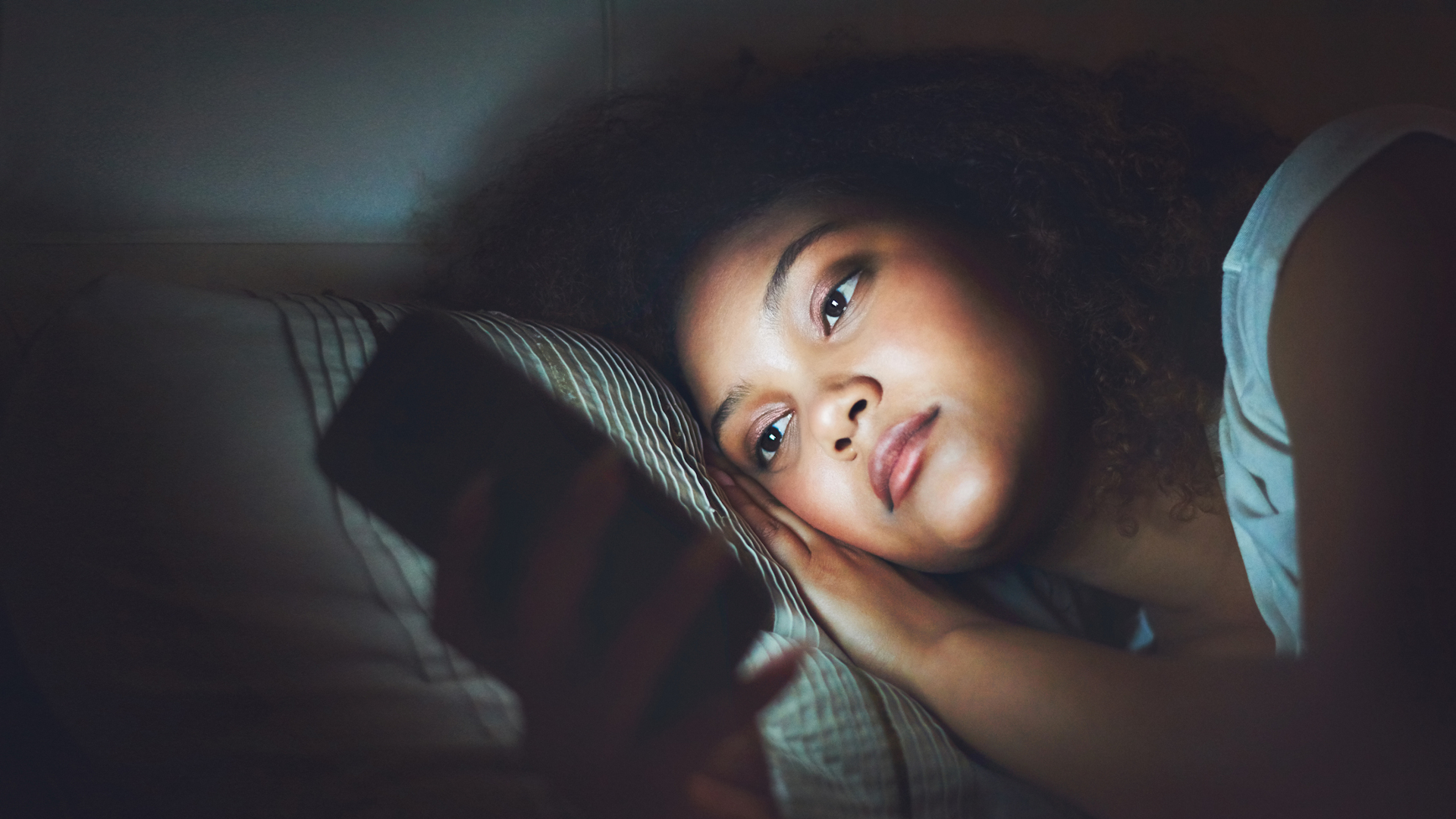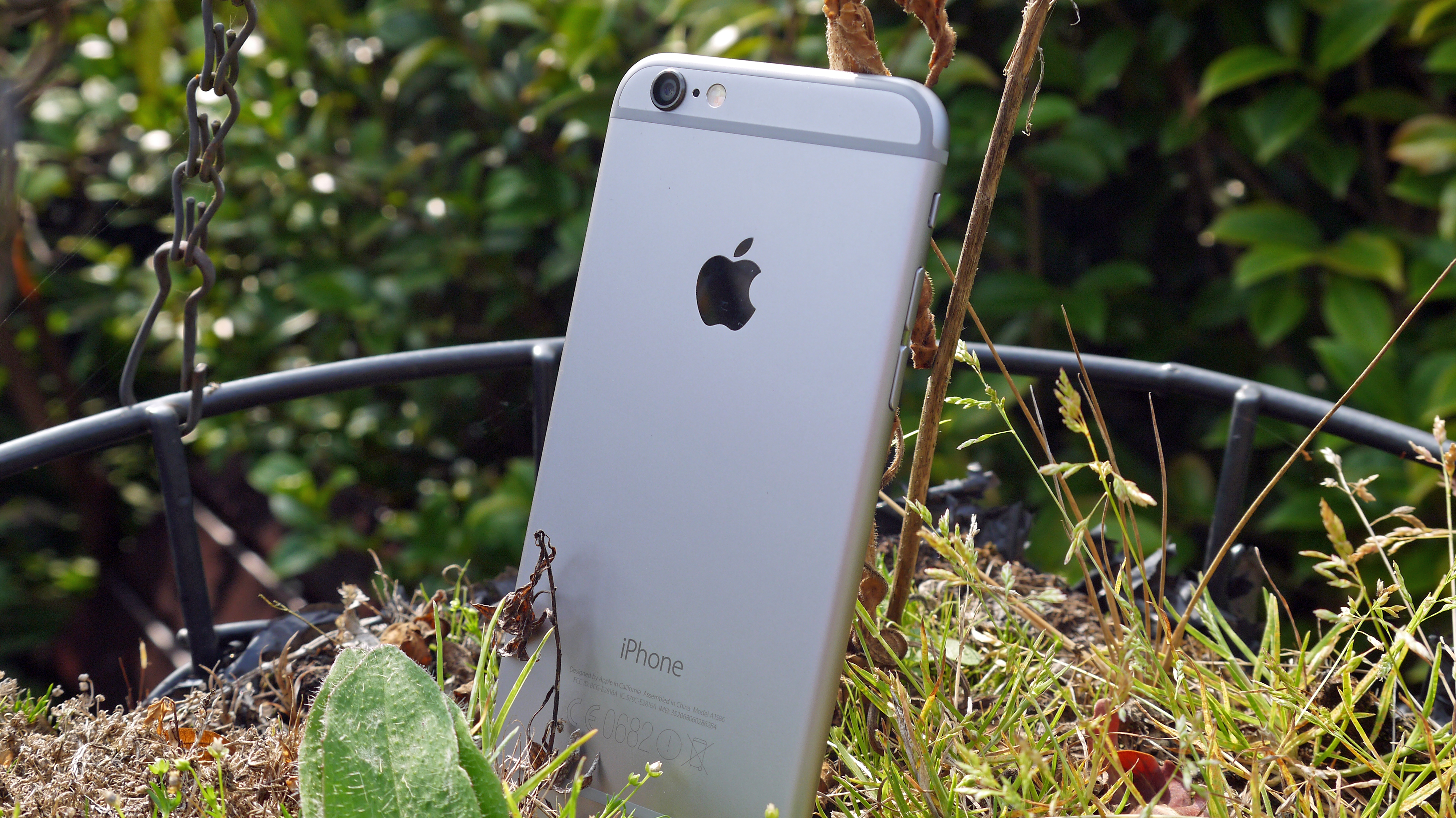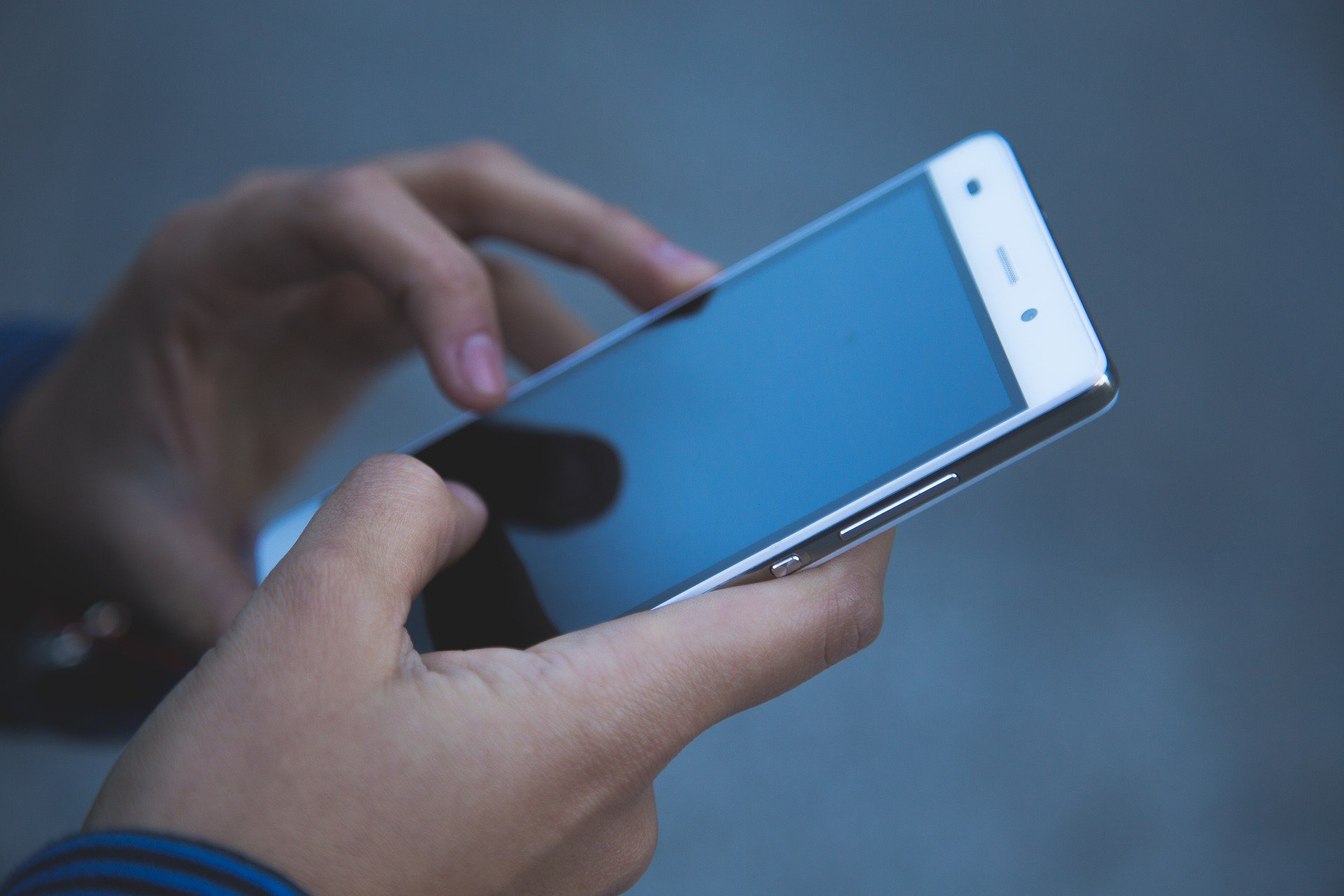Do cell phones actually emit radiation?
You've probably heard that your cell phone emits radiation, which sounds bad, right? But does it really, and how negative are the effects?

Sign up to receive the latest news, reviews, buying guides and deals direct to your inbox
You are now subscribed
Your newsletter sign-up was successful
Cell phones are a permanent fixture in our lives providing us with entertainment as well as the means to contact others. Having one of the best smartphones is a badge of honor for some, and they open up a world of possibilities for our day to day lives. But have you ever wondered about how safe they are and whether cell phones emit radiation? It's an understandable concern, so we've taken the time to look at all the issues regarding the risk of cell phone radiation emission to hopefully set your mind at ease before you dive into picking up a new phone.
It's worth noting that your choice of cell phone carrier makes no real difference here either, in case you're wondering.
So, do cell phones actually emit radiation?
In a word, yes, but it's not as bad as it sounds. That's because cell phones emit low levels of radio frequency energy which is a type of non-ionizing radiation. Also referred to as RF energy, it's a very different form of radiation than when you think of something dangerous like the type of radiation used in power plants. It refers to any kind of radiation that does not have enough energy to remove an electron from an atom. That makes it different from ionizing radiations such as x-rays, gamma rays, and so forth.
Other forms of non-ionizing radiation include ultraviolet light, infrared communication, and microwaves. Even the humble AM or FM radio frequency utilizes radio frequency waves. Some forms of non-ionizing radiation can even be seen such as visible light. Non-ionizing radiation is all around us at all times so the risk is incredibly low because of this.

How much radiation is emitted?
Studies have found that cell phones emit low levels of non-ionizing radiation when in use. When you bear in mind that ionizing radiation such as the type used for x-rays carries more than a billion times more energy than non-ionizing radiation, that's a very small amount of radiation.
Different phones emit different amounts but they all keep under the FCC standard recommendation of 1.6W/kg with many remaining significantly lower than that.
Scientific evidence has shown that non-ionizing radiation is not a carcinogen and restrictions mean that cell phones have to emit levels that are below radio frequency exposure limits set by the FCC.
Sign up to receive the latest news, reviews, buying guides and deals direct to your inbox
A lot of studies have been undertaken regarding the safety of cell phone radiation and all have been positive. The FDA has collated some of that information citing nearly 30 years of scientific evidence which has determined that there's no link between exposure to radio frequency energy from the use of cell phones to any health problems.
Can 4G or 5G cell phone networks cause cancer?
No. The National Cancer Institute has explained that "there is currently no consistent evidence that non-ionizing radiation increases cancer risk in humans. The only consistently recognized biological effect of radiofrequency radiation in humans is heating."
The FDA has also explained that while the usage of cell phones has increased dramatically over the last 30 years, the rate of brain and other nervous system cancers diagnosed in the United States has actually decreased for the last 15 years meaning there's no link.

Why are people worried about radiation risks?
Simply put, because it's a relatively new concept. The number of cell phone users has increased rapidly over the years with about 400 million cell phone subscribers in the U.S as of 2017. Across the world, there are more than 5 billion cell phone users. Because of increased use, some people worry that there may be issues regarding such regular contact with radiation but because it's such a different form of radiation than most people's interpretation, this isn't a problem.
What can I do to reduce my radiation exposure?
While there's no reason why you should need to cut back your radio frequency radiation exposure, there are some ways in which the FDA has suggested that will help.
The recommendations include reserving the use of cell phones for shorter conversations or for times when you can't use a landline device. It also suggests using hands-free technology such as Bluetooth headsets or using your phone in speaker mode so you don't have to place the cell phone against your head.
Texting is also considered an appropriate alternative and it's important to note that making a call when the signal is weak causes the cell phone to boost its transmission power to compensate. Ultimately though, none of these steps are essential as radiation is so low, however, if it offers peace of mind, it could be worth doing so.

Jennifer has been freelancing for over 10 years. In the past, she's written about all things tech and gaming wise for outlets as varied as The Independent, Playboy, Eurogamer, and TechRadar. In her spare time, she spends far too much time watching films, attempting to train her pet guinea pigs, and mastering making the perfect burrito. She's a full time freelancer, but a regular tech news contributor to Top Ten Reviews.
